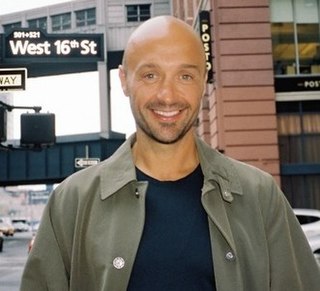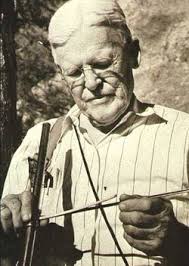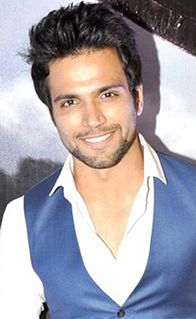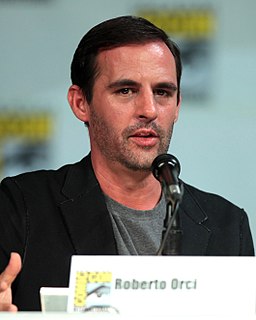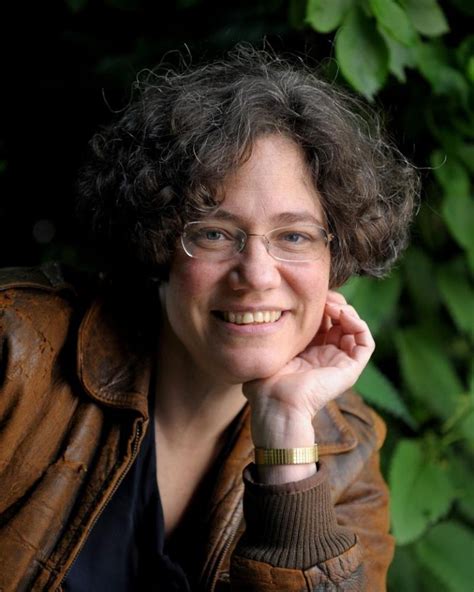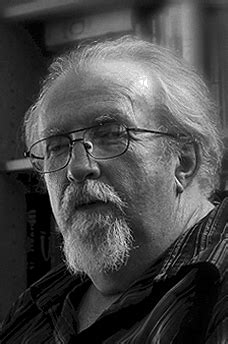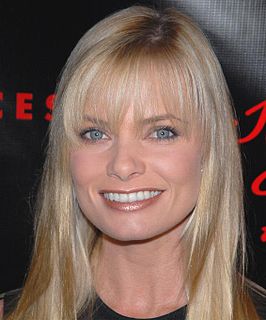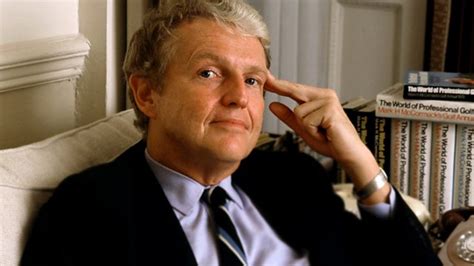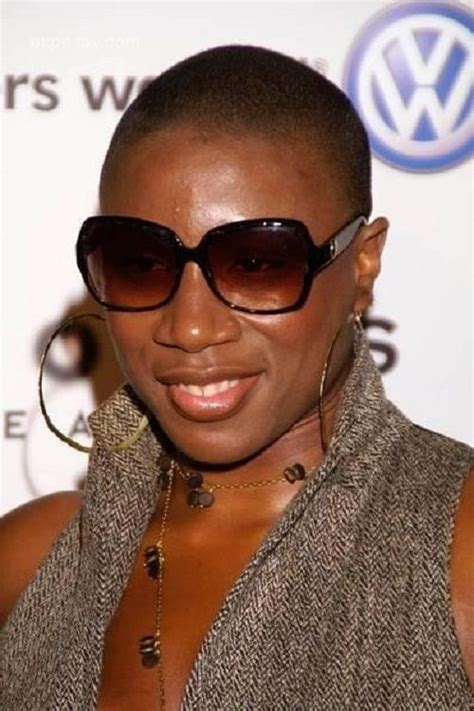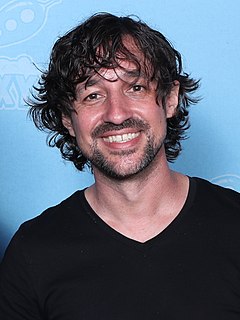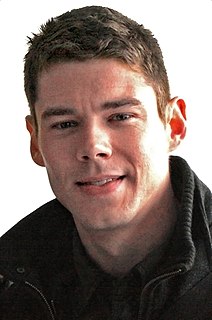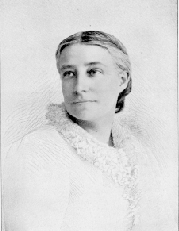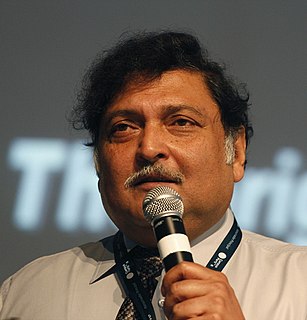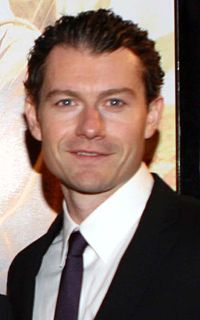Top 1200 Pages Quotes & Sayings - Page 19
Explore popular Pages quotes.
Last updated on December 22, 2024.
What has struck me about the political world, as opposed to the business world, is that rational discourse has become all but impossible. All too often, arguments are conducted not on the basis of facts but on the basis of emotion - and, honestly, it is no fun being abused in the pages of tabloid newspapers or online.
I usually give a book 40 pages. If it doesn't grab me by then, adios. With young adult books, you can usually tell by Page 4 if it's worth the time. The author establishes the conflict early, sometimes in the first sentence. The themes of hope, family, friendship and overcoming hardship appeal to most everyone.
The Bible holds up before us ideals that are within sight of the weakest and the lowliest, and yet so high that the best and the noblest are kept with their faces turned ever upward. It carries the call of the Saviour to the remotest corners of the earth; on its pages are written the assurances of the present and our hopes for the future
A novel is 400 pages; it's an endurance race. There's no artist, so I have to describe everything. It's all prose. Whereas with comics, I can rely on the artist. It's really wonderful to have that collaboration and to not always feel the burden of describing everything myself and also just to have someone who can paint the world.
Writing is a strange and solitary activity. There are dispiriting times when you start working on the first few pages of a novel. Every day, you have the feeling you are on the wrong track. This creates a strong urge to go back and follow a different path. It is important not to give in to this urge but to keep going.
We are such small, stupid things. For most of my life I thought of nature as the stupid thing: Blind, animal, destructive. We, the humans, were clean and smart and in control: we had wrestled the rest of the world into submission, battered it down, pinned it to a glass slide and the pages of The Bool of Shhh.
Let no one think that I do not love the old ministers. They were, probably, the best men in their generation, and they deserve that their biographies should fill the pages of the town histories. If I could but hear the "glad tidings" of which they tell, and which, perchance, they heard, I might write in a worthier strain than this.
I was never very good with either my hands or feet. It always seemed to me they'd just been stuck on as an afterthought during my making. Dreams didn't translate through sports, or music, dancing, carpentry, plumbing. I was the bookish kid, more at home in the pages of a fantasy than in the room in the town on the planet.
There will be a wealth of facts revealed and revisited in [Underground] pertaining to Harriet Tubman. That is a huge part of my excitement, the fact that this generation will get such a beautifully-detailed introduction to a hero and icon that has largely lived in a few pages of our history books and in one-dimensional photographs.
... when one reflects on the books one never has written, and never may, though their schedules lie in the beautiful chirography which marks the inception of an unexpressed thought upon the pages of one's notebook, one is aware, of any given idea, that the chances are against its ever being offered to one's dearest readers.


